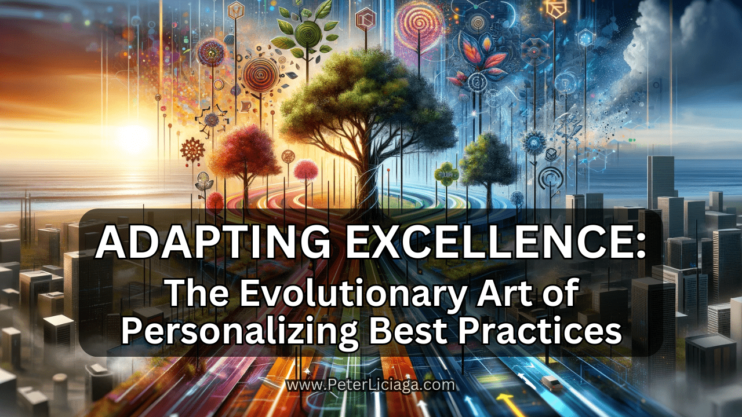Section 6: Tools and Strategies for Uncovering and Harnessing Personal Potential
In the pursuit of success, understanding and leveraging your unique talents and potential is crucial. This section explores practical tools and strategies to help you discover and develop your inherent abilities, emphasizing the importance of continuous learning, self-reflection, and mentorship.
Self-Assessment Tools
1. Personality Tests and Strengths Assessments: Tools like the Myers-Briggs Type Indicator (MBTI), the StrengthsFinder assessment, or the Big Five personality traits can provide insights into your personality, strengths, and areas for improvement. Understanding these aspects can guide you towards roles and paths where you’re most likely to thrive.
2. Skill Audits: Regularly conducting a personal skill audit can help you identify your current skill set and areas where you might need development. This can be as simple as listing your skills and comparing them to job requirements or industry standards in your field of interest.
Continuous Learning
1. Online Courses and Workshops: Platforms like Coursera, Udemy, Khan Academy and LinkedIn Learning offer a wide range of courses that can help you develop new skills or deepen existing ones.
2. Reading and Research: Regularly reading books, articles, and research papers in your field of interest can keep you updated with the latest trends and knowledge, fostering continuous growth.
Self-Reflection Practices
1. Journaling: Keeping a daily or weekly journal can be a powerful tool for self-reflection. Writing down your experiences, thoughts, and feelings helps in gaining clarity about your aspirations and challenges.
2. Mindfulness and Meditation: Practices like mindfulness and meditation can enhance self-awareness, allowing you to better understand your inner motivations and reactions.
Seeking Mentorship
1. Professional Mentors: Connecting with a mentor in your field can provide invaluable guidance. They can offer insights from their own experiences, help you navigate career challenges, and provide feedback on your ideas and strategies.
2. Peer Mentoring: Engaging with peers, either through networking events, professional groups, or social media platforms, can offer mutual support and learning opportunities.
Creating a Personal Development Plan
1. Goal Setting: Define clear, achievable goals for both the short and long term. Ensure that these goals align with your interests, strengths, and desired career path.
2. Action Steps and Milestones: Break down each goal into actionable steps and set milestones. This makes the process more manageable and helps in tracking progress.
Feedback Mechanisms
1. Soliciting Feedback: Regularly seek feedback from colleagues, mentors, or supervisors. Constructive feedback is crucial for understanding how others perceive your work and where you can improve.
2. Reflective Practice: After completing projects or reaching milestones, take time to reflect on what went well and what could be improved. This practice helps in internalizing lessons learned and applying them in future endeavors.




